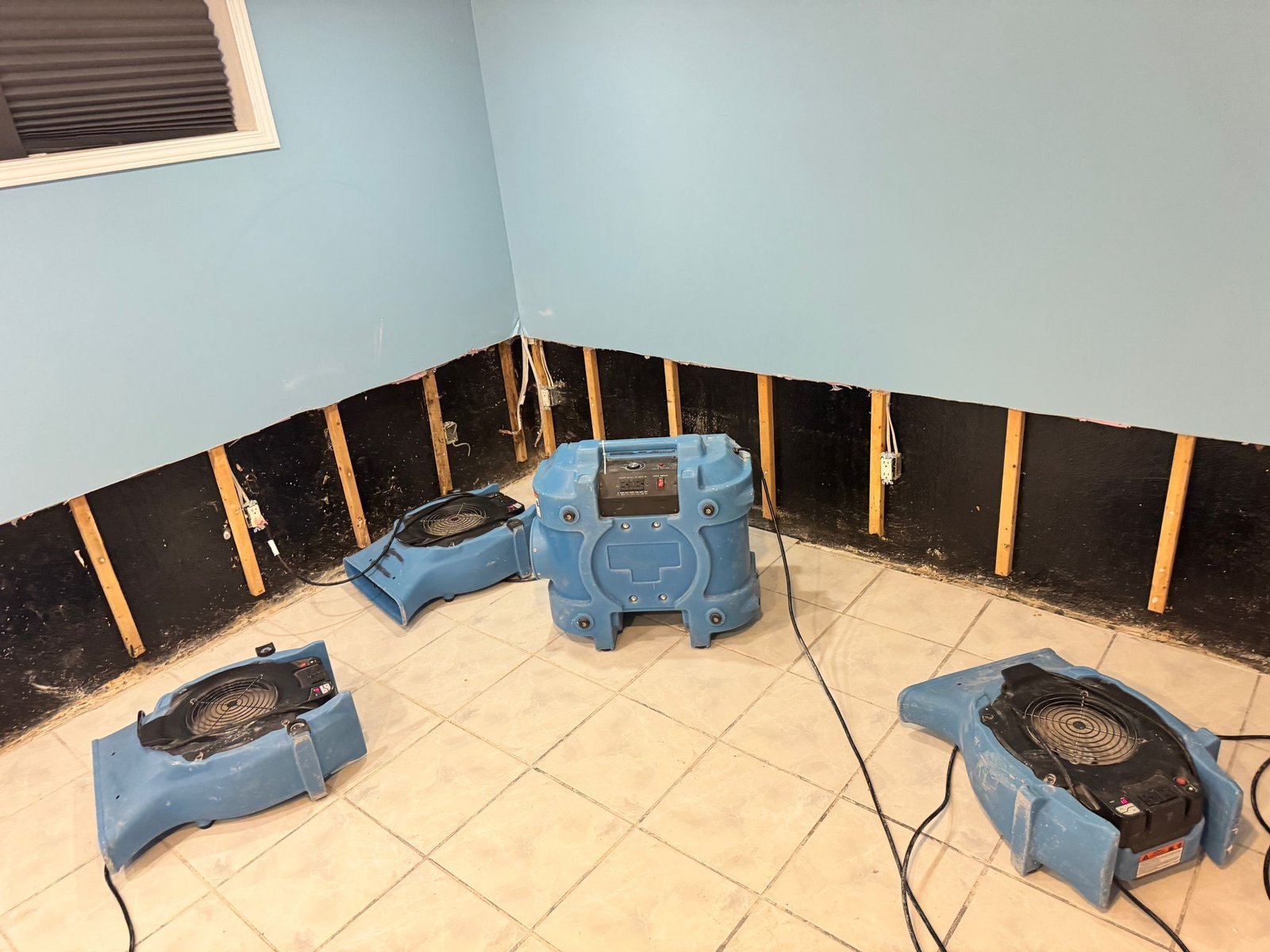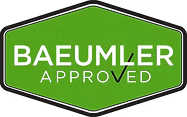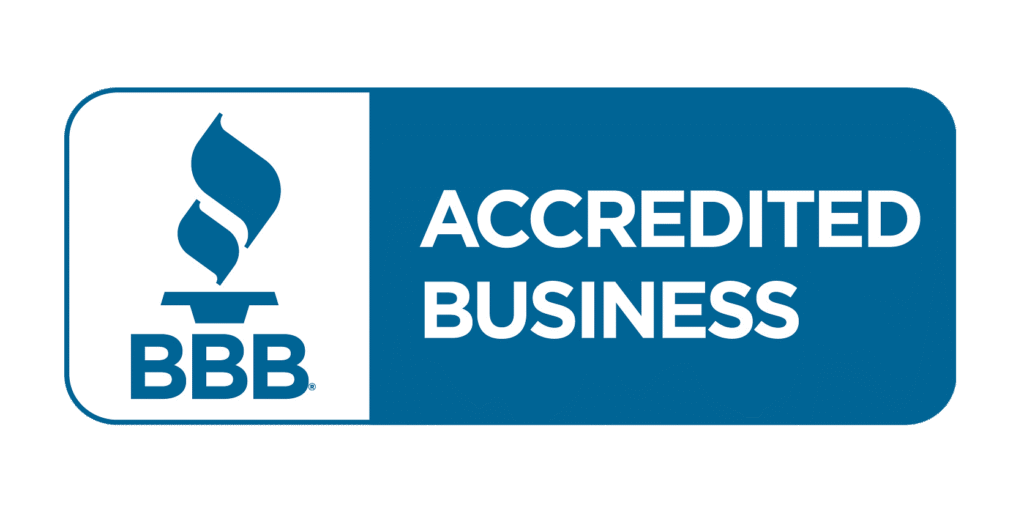Toronto homeowners frequently face sewer backups, which explains why repair services stay busy year-round. This messy situation leaves property owners concerned about cleanup and repair costs. The typical sewer backup repair bill runs between $1,000 to $4,000 based on how bad things are. Severe cases can even hit $50,000.
A sewage backup can cause a lot of stress. This is especially true because you are responsible for the pipes from your property line to your home. On top of that, cleanup costs usually fall between $1,000 and $5,000.
This makes sewer backup coverage worth thinking over for anyone owning a home in Toronto. Our skilled team addresses the main causes of backups. We handle tough clogs that damage your sewer lateral and pipes that have fully collapsed.
Let’s look at what causes sewer backups in Toronto. We will also see how professional plumbers fix these issues. Next, we will explain what sewer backup insurance means for you. Finally, we will discuss why expert cleanup companies are important for solving your plumbing emergency quickly and reliably.
What causes a sewer backup in Toronto?
Toronto homeowners deal with sewer backups quite often, and they usually need professional help to fix them. You can prevent expensive damage and health risks by knowing what causes these problems. Let’s get into the five biggest problems behind sewer backups in the city.
Clogged drains and household waste
Regular household items that go down drains cause a lot of sewer backups. Here are the usual suspects:
- Paper towels and wipes
- Hair and dental floss
- Fats, oils, and grease (FOG)
- Food leftovers, including rice, pasta, and coffee grounds
- Feminine hygiene products
These items build up and create tough blockages that stop water from flowing properly. The clogs can wear down your sewer lateral – the pipe that connects your home to the city’s system. This worn-down pipe starts leaking and eventually fails.
Tree root intrusion into sewer lines
Trees naturally look for water, which makes sewer lines perfect targets. Warm vapor leaks through tiny cracks or loose joints and attracts roots. Roots find these openings and grow inside the pipe. They create a hair-like mass that catches fats, oils, grease, and other stuff.
Root problems get pricey to fix. This happens a lot with older Toronto homes that have clay sewer lines because they crack easily.
Aging or broken sewer pipes
Sewer pipes break down with time, especially in older Toronto properties. Clay and cast iron pipes in aging systems tend to crack, corrode, and collapse.
Moving soil, construction work, and regular wear and tear damage the pipes. Damaged sections leak water, which draws in tree roots and creates new problems. Even newer plastic pipes can have issues when soil moves or construction happens nearby.
Heavy rainfall and city sewer overflow
About 23% of Toronto’s older areas use combined sewer systems – one pipe handles both sewage and stormwater. Heavy rain can overwhelm these systems, and this forces mixed stormwater and sewage to overflow. Engineers designed these combined sewer overflows to prevent system overload and property flood damage. The overflow carries harmful bacteria, pathogens, and other contaminants that can back up into homes.
Backwater valve failure
Backwater valves should stop sewage from flowing back into your home, but they can fail, too. Valve covers can cause many problems. Inspectors found that all but one of these covers did not screw down properly or became cross-threaded.
Homes with foundation drains connected to sanitary or combined sewer systems downstream of the valve face risks. Without regular maintenance, waste and stormwater back up during heavy rain.
How professionals fix flood sewer backups
Professional plumbers use several specialized techniques to fix sewer backups in Toronto homes. Skilled technicians follow a step-by-step approach to find and solve the problem when they arrive at a property with backup problems.
Video camera inspection to locate the issue
Plumbers begin by putting a waterproof camera on a flexible cable into the main sewer line. They do this through a cleanout access point or vent stack.
This small but strong camera moves through the pipes. It sends live video to a monitor. This shows technicians what is happening inside the pipes.
The camera inspection spots issues like clogs, root intrusions, or damaged pipes without any digging. Modern technology allows radio transmitters in these cameras to record the exact depth and location of defects. This removes the guesswork found in older methods.
Hydro jetting to clear blockages
Professionals use hydro jetting after finding blockages. This powerful cleaning method uses high-pressure water jets up to 3,500 PSI and 68 litres of water per minute. The technique pushes obstacles through wastewater lines into the city’s sewer disposal system.
Hydro jetting is better than regular drain snaking. It cleans the walls of pipes and removes residue. This helps prevent future blockages. The process clears the pipe of grease, debris, sludge, and even tough tree roots.
Trenchless sewer line repair or replacement
Trenchless repair offers a solution that doesn’t need much digging when pipes are too damaged to clear through jetting. This modern technique needs just two small holes—one at the start and another at the end. Plumbers either burst out the damaged pipe and replace it or reline the existing pipe with an inflatable liner. This method keeps your lawn, garden, and walkways intact while providing affordable solutions that meet all standards.
Backwater valve installation or repair
Professionals suggest installing or fixing backwater valves to stop future sewer backups. These devices work like one-way gates that let sewage flow out while blocking backflow during heavy rain. The valve’s flap stays open during normal use but closes by itself when water or sewage tries to flow back toward your home. Professional installation puts the valve in the right spot, secures the glass top, and follows Toronto’s building permit rules.
Understanding water sewer backup insurance and coverage
Your home’s financial protection against sewer problems deserves the same attention as fixing them. Most Canadian home insurance policies don’t include sewer backup coverage. Toronto homeowners should learn about their available options.
What does home sewer backup insurance cover?
This insurance protects you when unexpected water enters your home through drains, pipes, septic tanks, or downspouts. The coverage pays for:
- Cleanup and restoration work in affected areas
- Repairs or replacement of damaged walls, floors, and furniture
- A temporary place to stay if you can’t live in your home
You’ll stay protected, whatever caused the backup – blockages, heavy rain, or system failures.
Do I need sewer backup insurance in Toronto?
Of course, Toronto residents should think over this coverage. Several things affect your risk level:
- Your neighbourhood’s sewer system age
- How many people live in your area compared to the sewer capacity
- Bad weather patterns where you live
- Trees close to your property that can block pipes with their roots
- The lay of your land, especially if you live in a low spot
How much sewer backup coverage do I need?
Expert recommendations suggest at least CAD 139,336.02 in coverage. Here’s how to figure out what you need:
- Check your basement’s square footage
- Add the cost to replace your stuff.
- Include possible renovation expenses
Fixing sewer backups usually costs between CAD 2,786.72 and CAD 13,933.60. The bill can hit CAD 69,668.01 in bad cases.
City of Toronto sewer backup programs
Toronto’s Basement Flooding Protection Subsidy Program helps residential property owners. The program gives you:
- Up to CAD 4,737.42 per property for flood protection devices
- 80% back (up to CAD 1,741.70) when you install a backwater valve
- 80% back (up to CAD 2,438.38) for putting in a sump pump
You’ll need proper permits and licensed contractors to get these benefits.
Why choose expert sewer backup cleanup companies
The right professionals handling your sewer backup repair in Toronto can make a crucial difference during plumbing emergencies. Let me explain what makes expert companies stand out from regular contractors.
Emergency response and 24/7 availability
Sewage problems in your home need immediate attention. Leading cleanup companies provide around-the-clock emergency services, and some will reach you within 45 minutes. Quick action not only saves your property but also cuts down health risks and cleanup expenses.
Plumbing problems often happen outside regular hours. When you have help available 24/7, you won’t get stuck waiting in a crisis.
Licensed and insured plumbers
Professional cleanup teams work with IICRC-certified experts who have detailed training in sewer backup in the basement procedures. These credentials show that technicians know how to handle contaminated materials safely while using proper protective gear. Expert companies’ insurance and licensing give homeowners the protection they need against liability.
Upfront pricing and no overtime fees
Trustworthy companies show you clear pricing without hidden costs. This straightforward approach helps homeowners plan their budget even in emergencies. Many companies that are years old don’t charge overtime fees, whatever time disaster hits. They also offer competitive rates and occasional promotions.
Workmanship and parts guarantee
Quality companies back their work with detailed guarantees. This shows their confidence in their expertise and materials. Homeowners can relax knowing that they will fix any problems at no extra cost.
Contact CPR24 Restoration for Toronto Sewer Backup Repair!
A sewer backup is one of the most stressful emergencies Toronto homeowners deal with. In this piece, we have seen how backups can occur from simple problems.
These include improper waste disposal. They can also come from complex issues like tree root intrusion or old pipes. You can save thousands in repair costs later by taking preventive steps now.
Professional help makes all the difference when you face these plumbing challenges. Video camera inspection, hydro jetting, and trenchless repairs are economical solutions that won’t destroy your property. A backwater valve installation or maintenance also gives you vital protection against future backups.
Smart financial planning works hand in hand with technical solutions. Toronto homeowners should prioritize getting adequate home sewer backup insurance coverage. The city’s subsidy programs offer good financial help. However, many residents are unaware that these benefits exist.
Sewer backup emergencies just need quick, professional attention. The best companies operate 24/7, have proper licenses, clear pricing, and quality guarantees. They don’t just fix problems – they give you peace of mind.
Protecting your home from sewage damage isn’t just about property value. It keeps your family healthy and safe.
The pipes from your property line to your home are your responsibility. Regular maintenance helps spot potential risks before they turn into expensive emergencies. With good prevention, insurance, and reliable professionals, you can handle sewer backups with confidence. You will be ready for any plumbing problems that may arise.
FAQs
Q1. What are the main causes of sewer backups in Toronto?
Sewer backups in Toronto mainly happen because of clogged drains from household waste. Tree roots can also cause problems by getting into sewer lines.
Aging or broken pipes can lead to problems, too. Heavy rainfall can overwhelm the city’s sewer system. Lastly, sewer backup valve failures can also cause backups.
Q2. How much does sewer backup repair typically cost in Toronto?
Sewer backup repairs in Toronto usually range from $1,000 to $4,000, depending on the severity of the issue. In extreme cases, costs can escalate up to $50,000.
Q3. What methods do professionals use to fix sewer backups?
Professional plumbers use several techniques to solve problems. They use video camera inspections to find issues.
Hydro jetting helps clear blockages. For damaged pipes, they can do trenchless sewer line repair or replacement. They also install or repair backwater valves to stop future backups.
Q4. Is sewer backup insurance necessary for Toronto homeowners?
Sewer backup insurance is highly recommended for Toronto homeowners. It covers cleanup, restoration, and repair costs resulting from unexpected water entering your home through drains or pipes. Most experts suggest having at least $139,336 in coverage.








